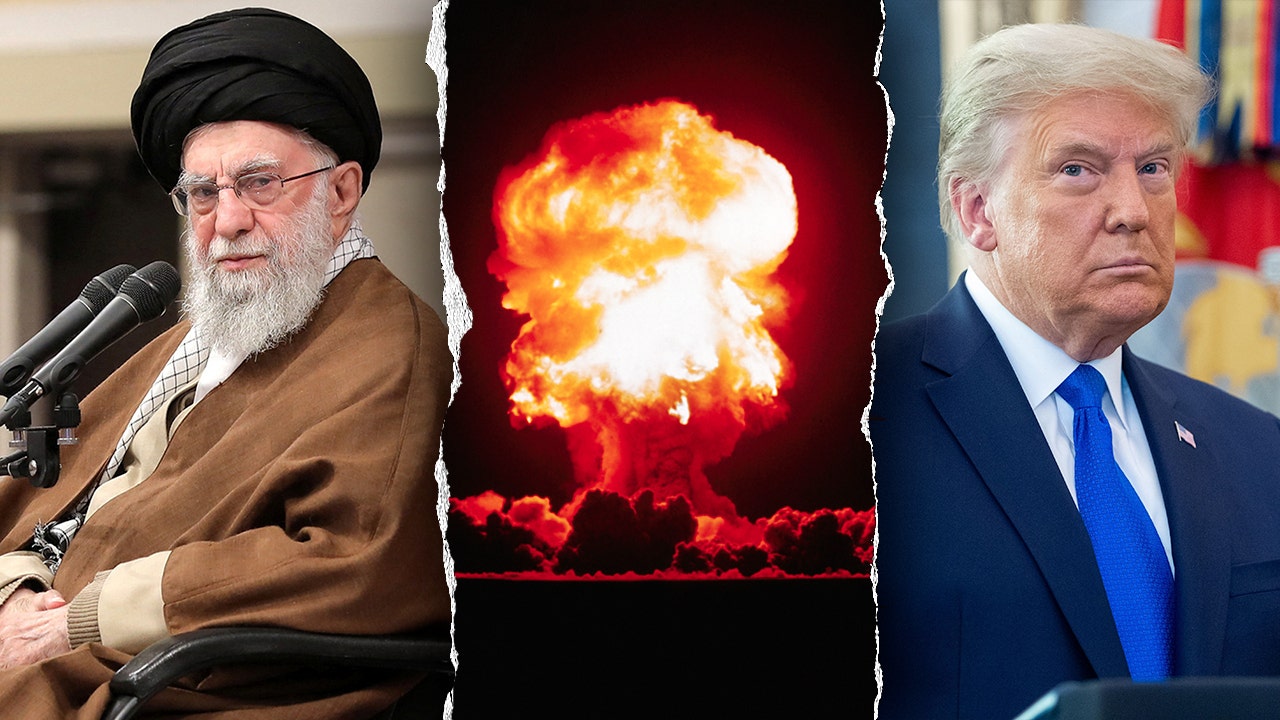US, Iran to hold talks over regime’s nuclear program in Oman

President Donald Trump remains resolute in his administration’s commitment to engage in direct nuclear talks with Iran, despite Tehran’s insistence on indirect negotiations. The ongoing controversy over the format of the discussions has raised questions about who will ultimately dictate the terms of the dialogue.
Middle East envoy Stever Witkoff is set to travel to Oman, where he may meet with Iranian Foreign Minister Abbas Araghchi. However, Araghchi has maintained that the talks will be conducted through a third party. Iran expert Behnam Ben Taleblu believes that this public dispute between the two countries is a strategic maneuver to gain leverage.
Both the U.S. and Iran have their own reasons for portraying the negotiations in a certain light. The Trump administration wants to be seen as driving Iran to the negotiating table, while Tehran is keen to avoid appearing weak in the face of American pressure. The animosity between the two nations, exacerbated by events such as the assassination of Iranian Gen. Qasem Soleimani and the imposition of harsh sanctions, adds an extra layer of complexity to the talks.
Iran’s progress in enriching uranium and advancing its missile program has bolstered its negotiating position. The country’s close relationships with Russia and China also complicate efforts to rein in its nuclear ambitions. Despite this, the U.S. has a range of tools at its disposal, including economic sanctions, military options, and international pressure.
President Trump’s recent threat to bomb Iran if it does not engage in talks underscores the urgency of the situation. With snapback sanctions set to expire in October 2025, time is running out to prevent Iran from acquiring nuclear weapons. The administration’s willingness to consider military action as a last resort sends a strong message to Tehran.
While negotiations offer a pathway to a peaceful resolution, there are concerns about Iran’s willingness to comply with international demands. The regime’s strategy of using talks as a shield against potential military action highlights the challenges ahead. Israel’s role in any potential military strike adds another layer of complexity to the situation.
Ben Taleblu emphasizes the need for a comprehensive strategy that addresses not only nuclear nonproliferation but also broader issues such as the “Axis of Resistance” and regime change. Focusing on the root causes of Iran’s behavior is crucial to achieving lasting peace in the region.
As the talks continue, the international community will be watching closely to see if a breakthrough can be achieved. The stakes are high, and the outcome of the negotiations could have far-reaching implications for global security. President Trump’s determination to engage directly with Iran underscores the seriousness of the situation and the need for a diplomatic solution.




